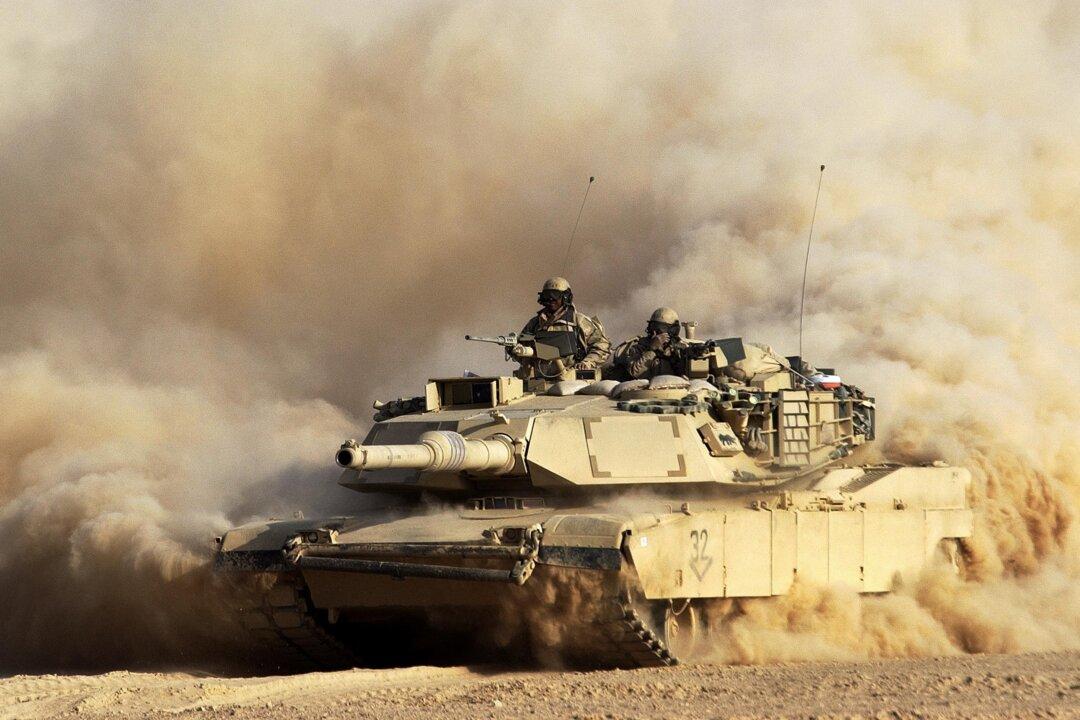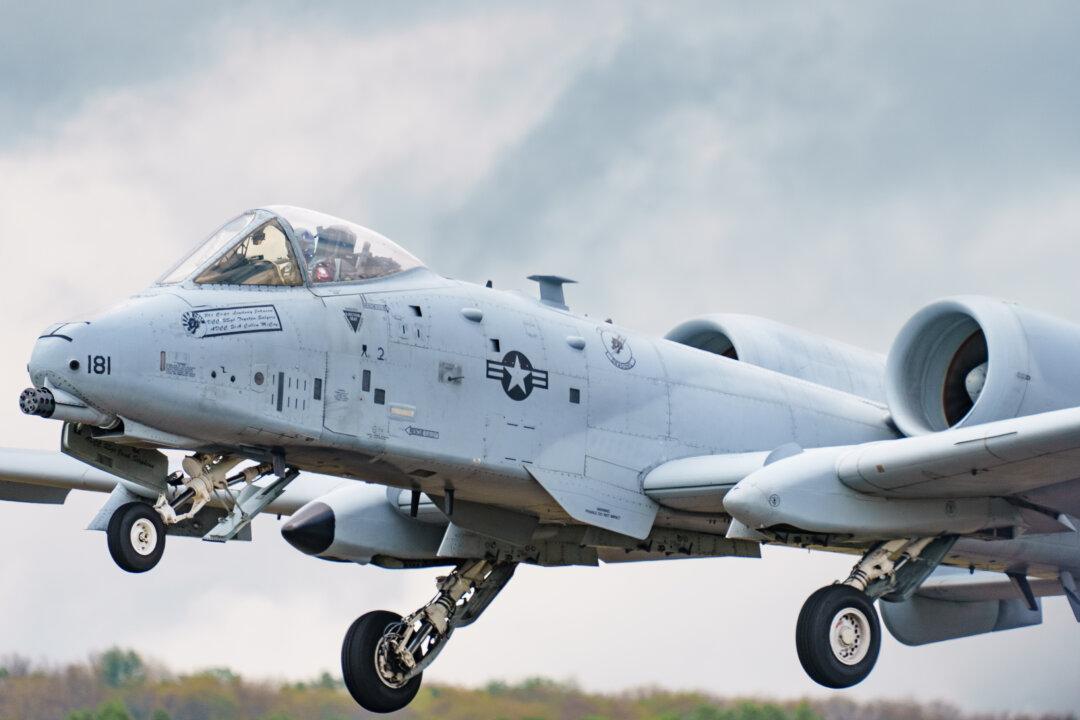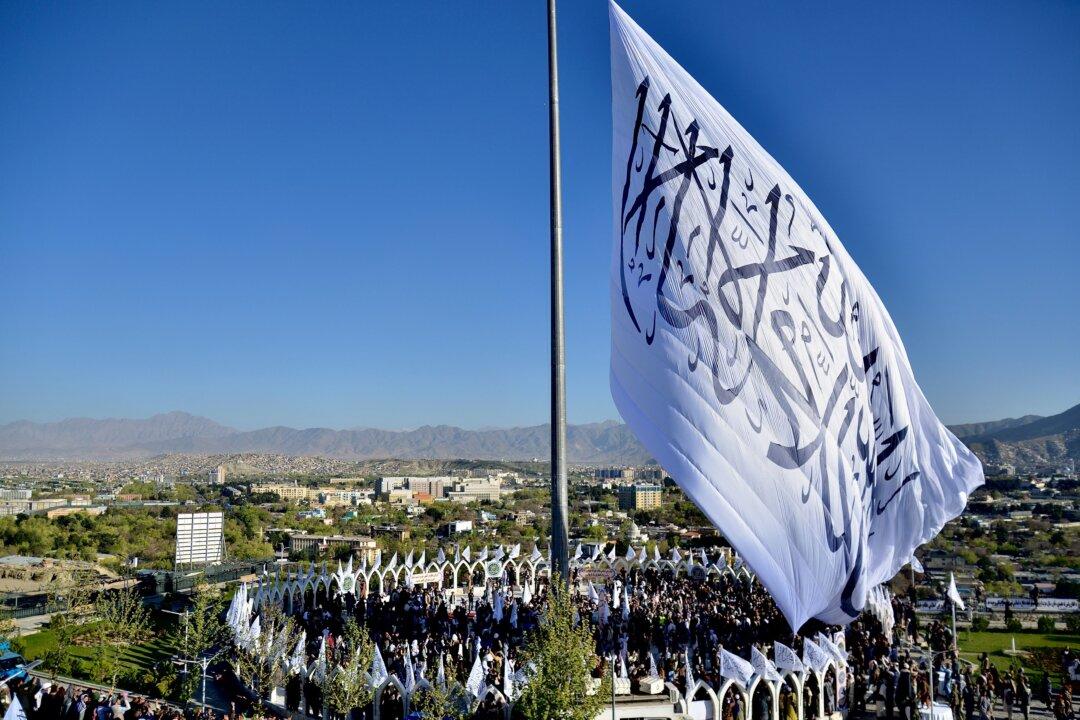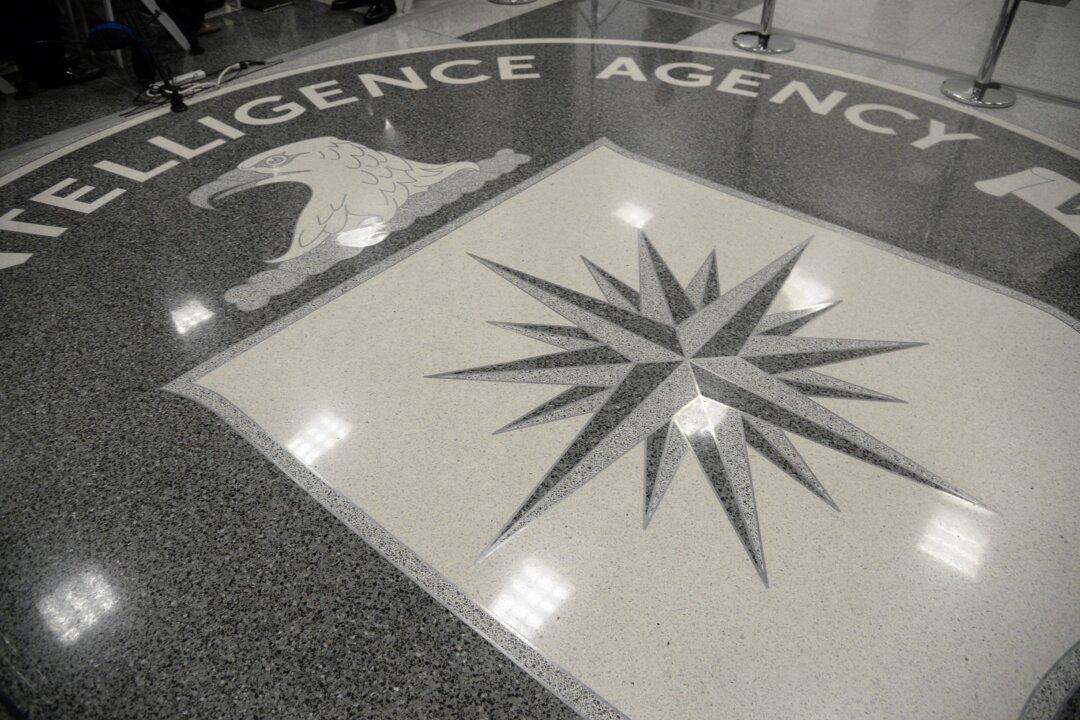Commentary
Twenty years ago, then-President George W. Bush sidetracked from putting down the Taliban in Afghanistan to launch the unnecessary and inadvisable invasion of Iraq. From a strategic standpoint it served little purpose in the War on Terror. Iraq became a focus of Islamist terrorism that became out of control following the invasion.





